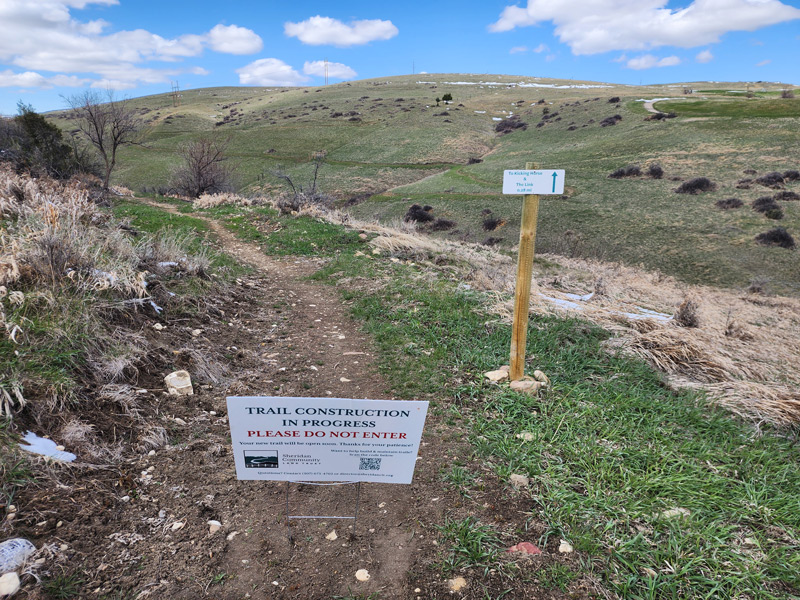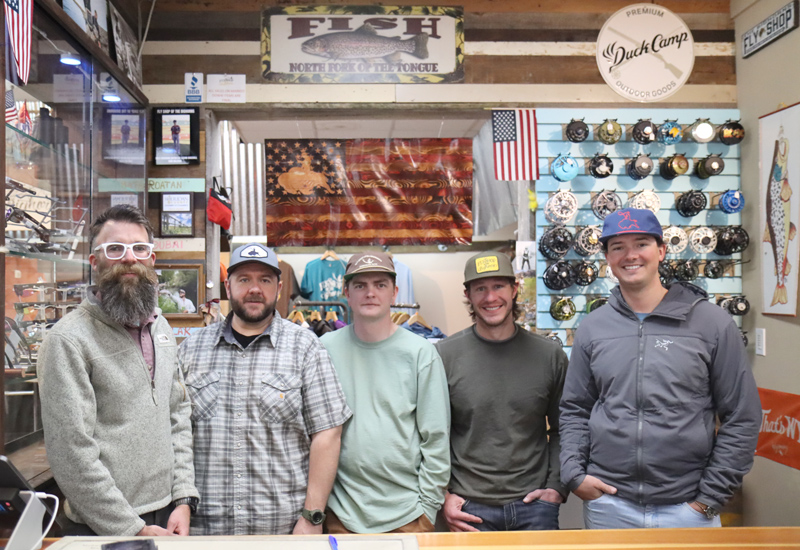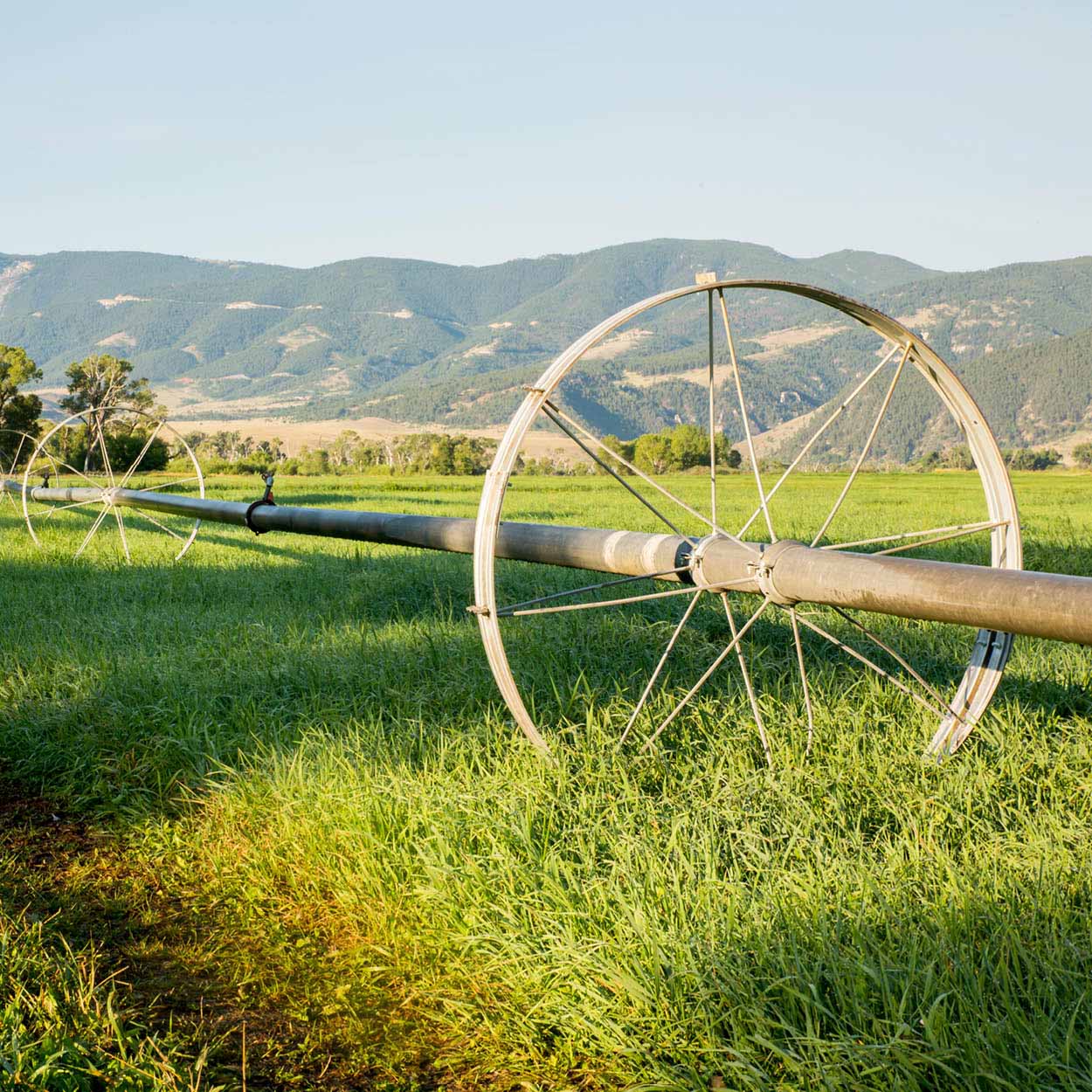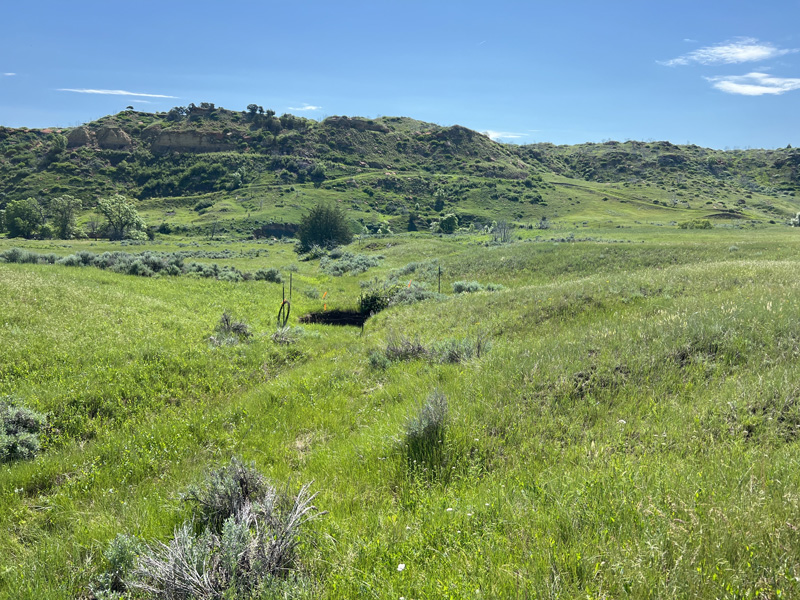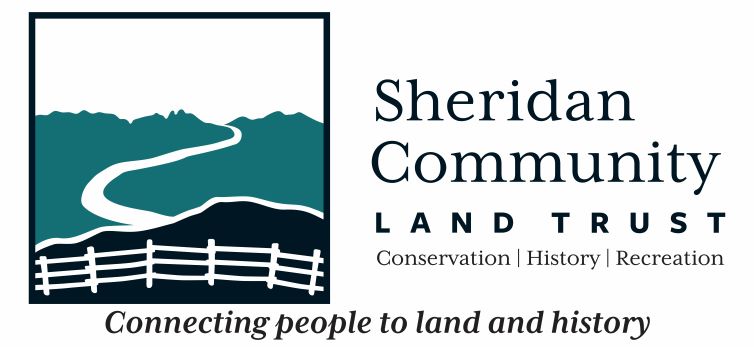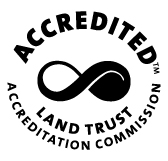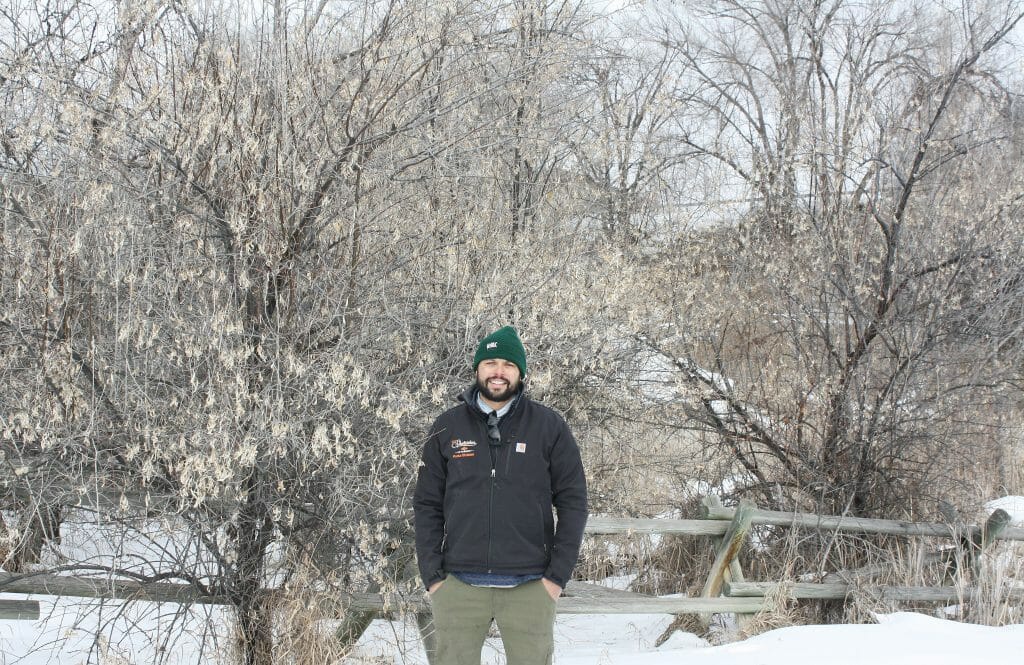
If you see some bare spots around Sam Mavrakis Fishing Pond and Hume Draw this spring, don’t be alarmed. City of Sheridan staff will be doing their patriotic duty by removing an invasive foreign menace – the Russian olive.
Since it was first introduced to North America in the late 1800s, Russian olive has steadily spread across the country thanks in large measure to our furred and feathered friends who unwittingly carpet bomb the landscape with seeds from the shrub’s ripe fruit – a literal red menace.
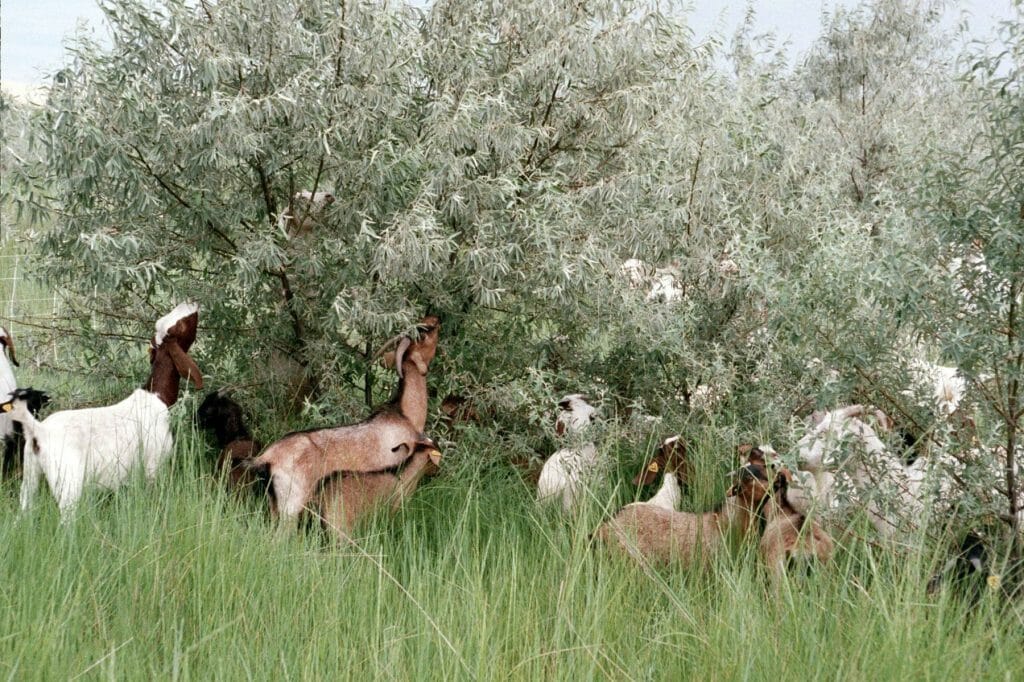
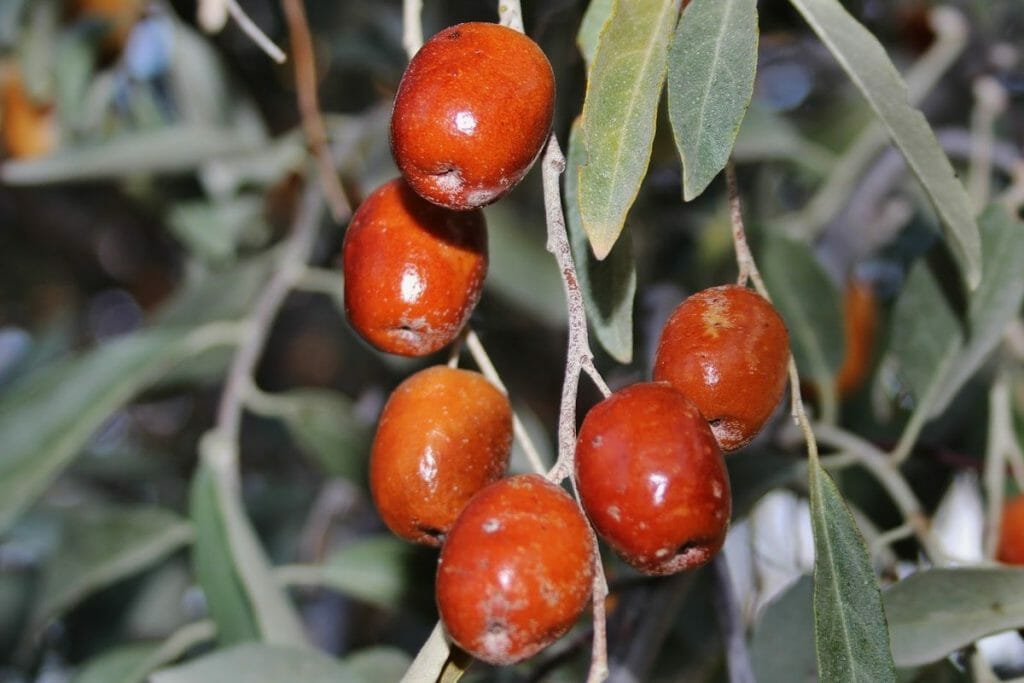
A classic colonizing species, once on the ground, Russian olive seedlings grow quickly, often on barren or disturbed land.
“Russian olive made its name as a drought-tolerant, cold-resistant and fast-growing nursery species,” Clark Van Hoosier, City of Sheridan Arborist, relayed. “These three attributes are very appealing in regions like Wyoming where it’s difficult to grow trees.”
Add to that its high survival rates and fast maturation, this arboreal interloper can quickly choke out native trees, shrubs, and grasses. So much so, that Russian olive is classified as a noxious weed in Wyoming, which means it cannot be sold commercially and each county must develop a control plan.
“The problem is Russian olive is too well-suited for the area, and it’s able to outcompete our native species,” Van Hoosier reasoned, explaining that draws, streambanks, and irrigation ditches are particularly susceptible to Russian olive infiltration. “Now we have these thick stands of Russian olive on our landscape, especially in riparian areas, where willows and cottonwoods can’t outgrow the olives.”
Van Hoosier added those dense olive stands cause problems for other plants and animals, too. “Trees aren’t the only thing it outcompetes; Russian olive also disrupts the understory species, eliminating the native shrubs, forbs and grasses that the surrounding wildlife depend upon. So as Russian olive cover increases, flora and fauna diversity decreases, creating a less productive and less stable landscape.”
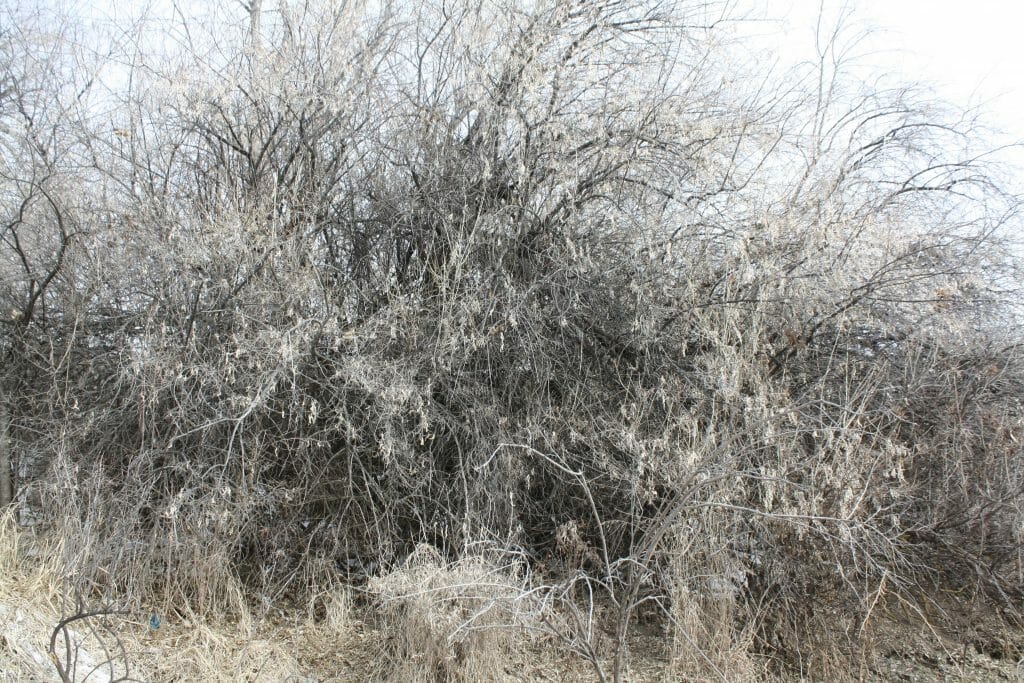
To remedy that, Van Hoosier and Peter Veinbergs will be the City of Sheridan’s Rocky and Bullwinkle as they irradiate Boris and Natasha, stands of Russian olive, from Sam Mavrakis Fishing Pond and Hume Draw.
To do so, the pair will be hand-felling and chipping Russian olives on-site. According to Van Hoosier, the trees are “rampant sprouters,” so each olive stump will be “immediately treated with herbicide to prevent regeneration.”
Fortunately, the olives will be put to good use. The chips will serve as mulch for a new generation of native trees, shrubs and grasses. Those include birch, alder, aspen, maple, Ponderosa pine, hawthorn, and chokecherry.
“We have selected species that are native, riparian-friendly and beneficial to wildlife,” Van Hoosier explained.
The project is made possible through a Wyoming Wildlife Natural Resource Trust grant awarded to Sheridan Community Land Trust aimed at covering the cost of removal. That grant is coupled with additional funds from The Nature Conservancy and Natural Resource Conservation Service.
“This is a great project partnership where SCLT and the City of Sheridan can work together to accomplish overlapping goals that benefit wildlife and native plant communities,” offered Brad Bauer, Sheridan Community Land Trust Executive Director.
For the City of Sheridan, those dollars will go even farther. Van Hoosier explained there was room in his department’s budget to pay for the olive removal, meaning the $4,500 in grant funds can be used to purchase far more native trees and shrubs than what would have been otherwise possible. It will also allow South Park to be “de-olived,” meaning that the Bolshevik baddie will be expunged from a full 10 acres of Sheridan parks.
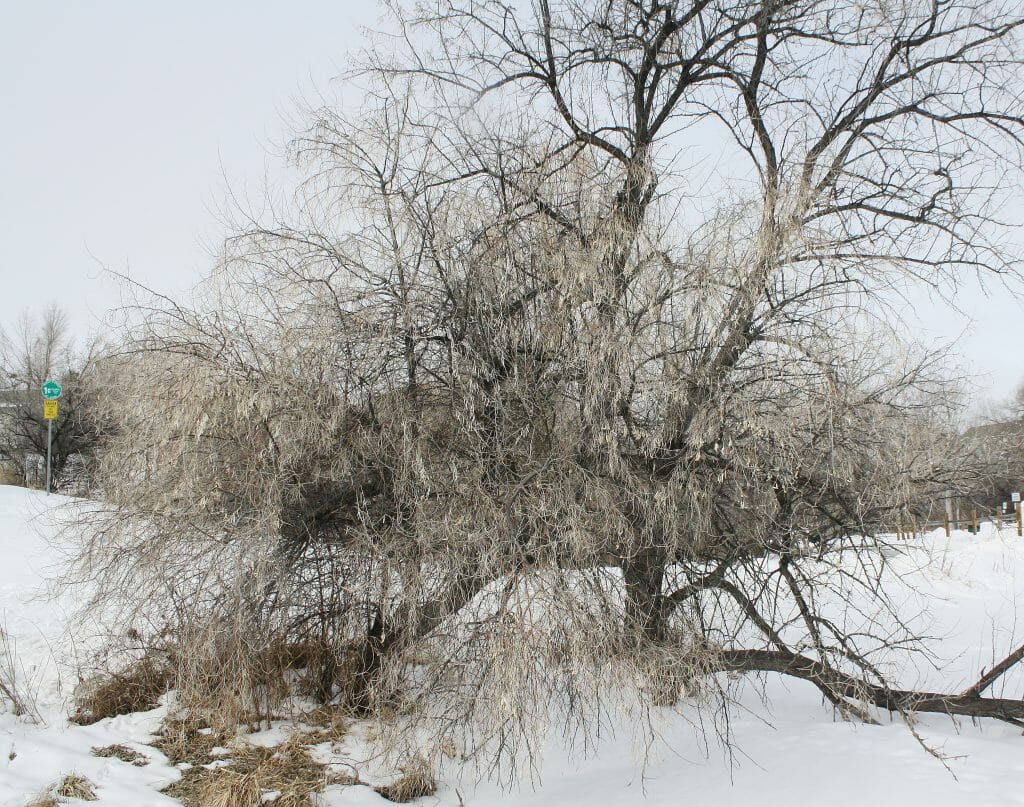
Both Van Hoosier and Bauer encouraged landowners to consider removing invasive Russian olives and replace them with native vegetation.
“I think it would be wise for anyone who’s property is adjacent to the Goose Creek watershed or a major irrigation ditch to consider removing their Russian olives,” Van Hoosier stated, and advised folks to make sure anyone they contract is qualified and insured. To assist residents, he said a list of licensed contractors will be on the City of Sheridan’s website soon.
“This is the perfect time of year to remove Russian olives,” Bauer stressed. “The trees are easier to get to, the herbicide treatment is more effective, and you won’t be spreading seeds because the olives aren’t bearing fruit.”
Bauer said grant funds are still available, though to qualify, removal must be complete by June 30.
With work set to begin in early April, Van Hoosier and Veinbergs will be Putin most of the Russian olives around Sam Mavrakis Fishing Pond and Hume Draw out to pasture soon.
“The Goose Creek watershed plays a vital role in the community and we would be wise to protect it,” Van Hoosier concluded.
To inquire about grant availability, please contact Brad Bauer at Sheridan Community Land Trust by phone (307) 673-4702 or email [email protected].
For more information about Russian olive removal in the City of Sheridan, please contact Clark Van Hoosier by phone (307) 752-5792 or email [email protected].

